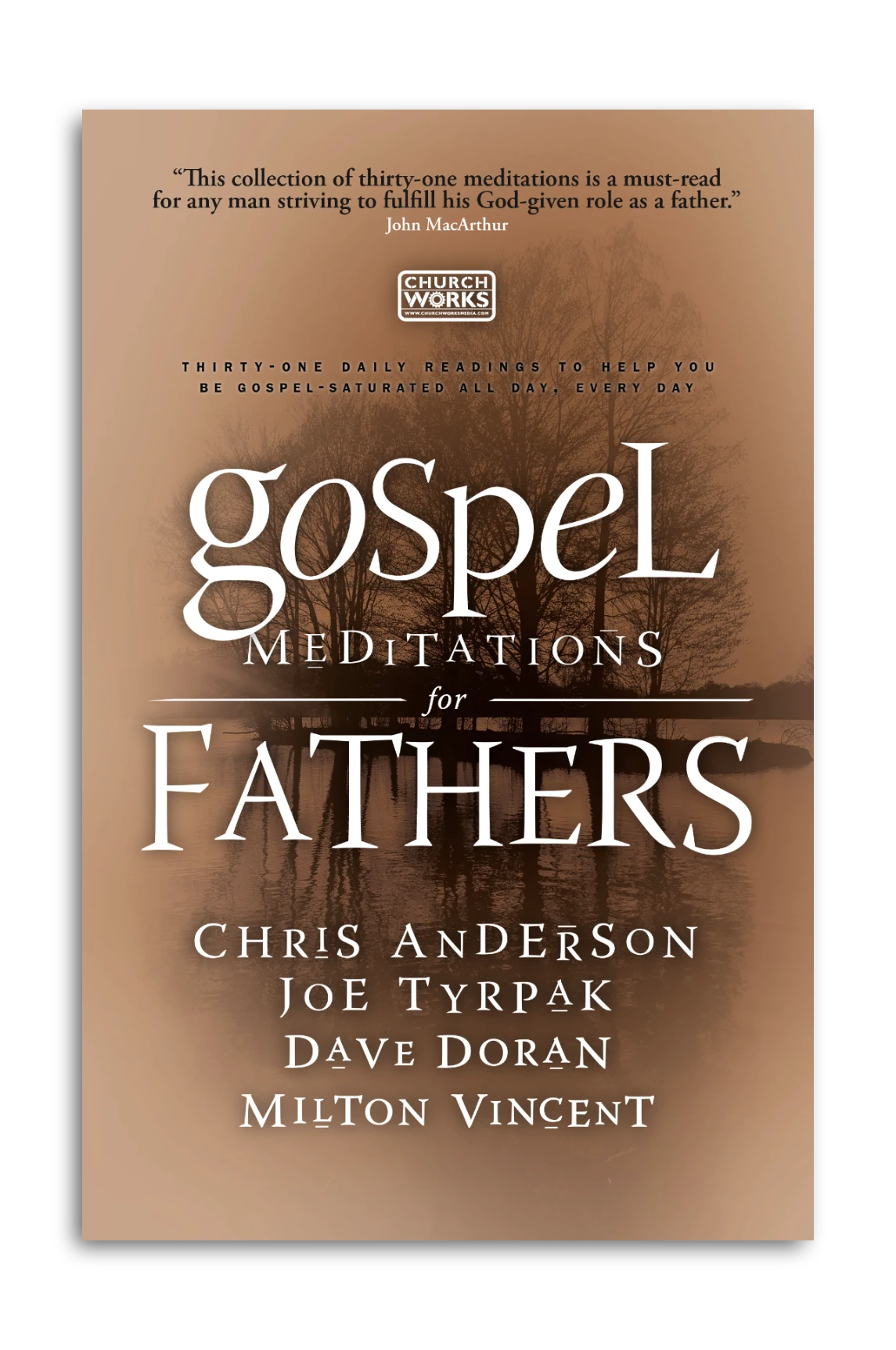
Blog
The Virtue of Gentleness

This reading by Chris Anderson comes from Gospel Meditations for Fathers (Day 16), but it’s fitting for all Christians—perhaps especially church leaders—as we try to emerge from quarantine with our varied opinions, consciences, and fears.
Read Matthew 11:25–12:21
“But the wisdom from above is first pure, then peaceable, gentle, open to reason, full of mercy and good fruits, impartial and sincere.” (James 3:17)
Were you to ask strangers on the street to list for you the “manly” virtues, you would get some interesting responses. I expect that you’d hear about courage in the face of danger. Maybe determination, or strength, or confidence. “Gentleness” probably wouldn’t top the list. And yet, Scripture includes gentleness as one of the core virtues which Christian men—and especially Christian leaders—need to cultivate.
Jesus is noted for His gentleness.
In Matthew 11:28–30 Jesus invites those who are weary and burdened with sin, religious effort, and condemnation to come to Him and receive His rest (v. 28). The next line is extremely instructive: “for I am gentle and lowly in heart” (v. 29). Matthew 12 builds on that description, applying the Messianic prophecy of Isaiah 42:1–3 to Jesus. Notice again His gentleness: “He will not quarrel or cry aloud, nor will anyone hear his voice in the streets; a bruised reed he will not break, and a smoldering wick he will not quench” (Matthew 12:19–20, quoting Isaiah 42:2–3).
What a vivid picture of our Savior—One Who doesn’t snap a bruised plant; One Who gently blows a smoldering ember back to life. What gentleness!
To be sure, Jesus was a man’s man. He was a carpenter—a blue-collar man who worked with His hands. He had a tireless work ethic, getting up early to pray and spending long days ministering to massive crowds—just reading about their pressing on Him makes me claustrophobic! And He could be severe, especially with the hypocritical Pharisees. But He was gentle. And if we are to be Christlike, we must be gentle, too.
Spiritual leaders are to be noted for gentleness.
We are tempted to admire leaders who are confident, decisive, driven. And well we should. But in each of his three letters to pastors, the apostle Paul urges Christian leaders to be gentle:
Therefore an overseer must be…not violent but gentle, not quarrelsome….As for you, O man of God…pursue righteousness, godliness, faith, love, steadfastness, gentleness. (1 Timothy 3:2–3; 6:11)
And the Lord’s servant must not be quarrelsome but kind to everyone, able to teach, patiently enduring evil, correcting his opponents with gentleness. (2 Timothy 2:24–25)
Remind them…to avoid quarreling, to be gentle, and to show perfect courtesy toward all people. (Titus 3:1–2)
Leaders in the church and home must deal with volatile situations. We are called to defend the truth, to expose error, to protect those under our care. Yet we are also commanded to be gentle—not quarrelsome; gentle—as well as steadfast; gentle—even to our opponents. How much more should we be gentle to our wives and children!
All Christians are to be noted for gentleness.
In James 3, the Scripture warns us against a so-called wisdom that delights in being right. It is selfishly ambitious. It is jealous. It is proud. Most notably, it is not heavenly, but earthly and even hellish (14–16). True wisdom, in contrast, is meek (v. 13). It is pure and peaceful—not one or the other (vv. 17–18). And it is “peaceable, gentle, open to reason” (v. 17). Notice how the virtues on either side of gentleness help define it. Gentleness is peaceful and reasonable. Does that describe you, dad?
Your family needs your strength. It needs your conviction. But it also needs your gentleness. Ask God to help you grow in this oft-neglected and manly virtue.
Let the gospel transform you into a man who is gentle like his Savior.
Explore the whole book!
Fatherhood is thrilling…and sobering. Written by dads (and pastors), for dads, these 31 miniature Bible studies will encourage and challenge fathers in their character and parenting. With topics that range from generosity to gentleness, prayer, faithfulness, and repentance, these gospel-centered readings are sure to bless dads of all ages…and at all stages.













